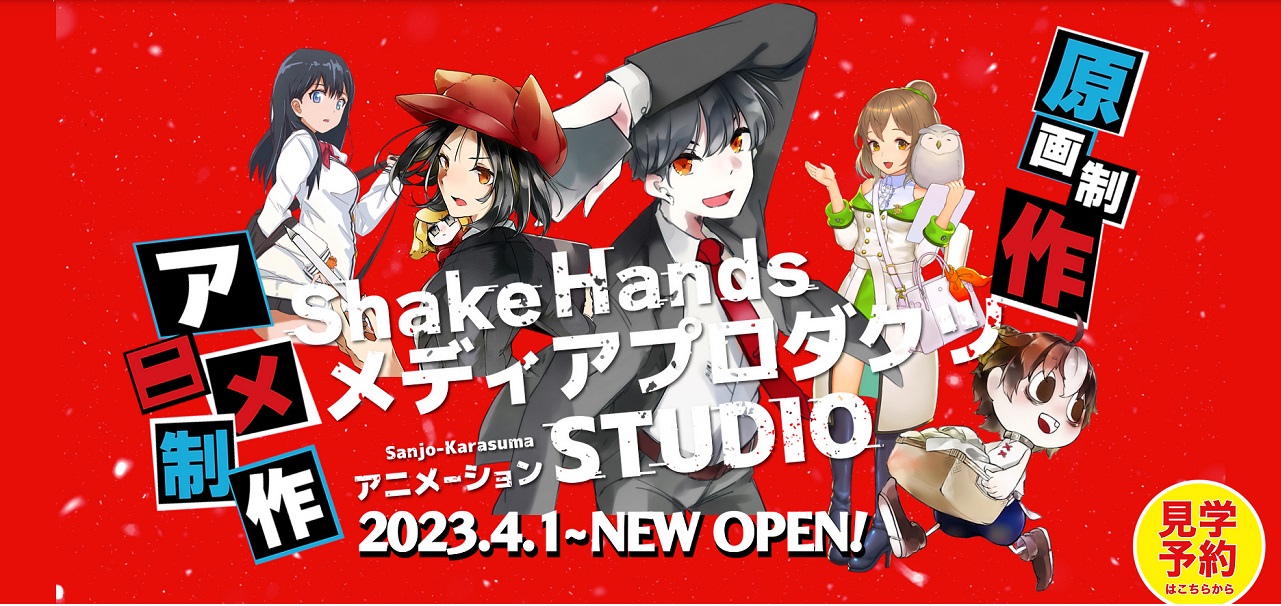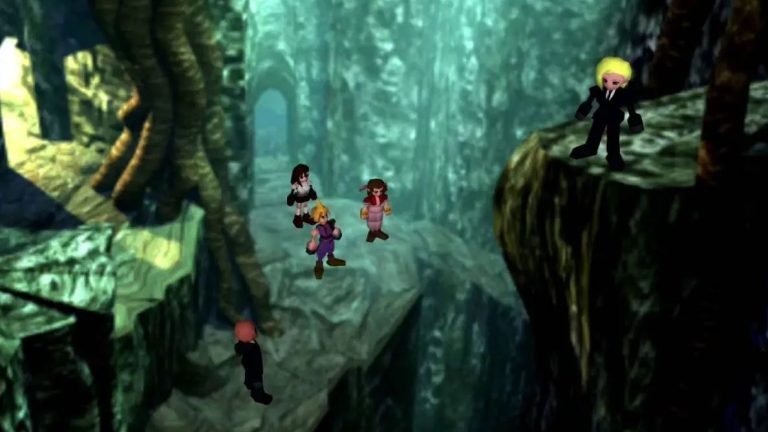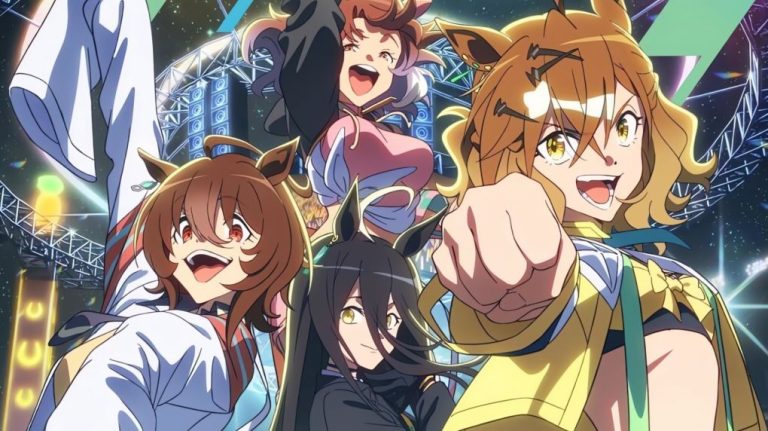Shake Hands Sanjo Karasuma, a business in Kyoto, Japan that provides employment support for persons with disabilities, has started taking animation production orders, allowing its users to do animation work for popular TV animations. As a result, they were able to increase wages for disabled persons, but as the current wages are still very low for Japanese standards, the public has had mixed reactions to the novel project, some calling it exploitative.
According to a report by the Mainichi Shimbun, 10 people in their 20s and 30s who have mental or developmental disabilities currently attend the employment support facility Shake Hands Sanjo Karasuma, where they work on creating digital animation. They receive both domestic and international orders, and have worked on popular titles such as Chiikawa and Spy x Family.

The facility’s idea behind the initiative was reportedly to create a work environment that would allow individuals with disabilities to utilize their unique characteristics, such as attention to detail and creativity, in drawing animation, and to build a bridge between disabled persons and the creative industry.
The CEO of the company commented that, since most employment support facilities of the kind offer simple manual and agricultural work with low wages, he had been searching for a business format that would allow for a higher unit price of work, as well as overseas expansion. While working on projects involving web design and illustration, he noticed that many of the users attending the facility were skilled at drawing, which prompted him to have some of their art evaluated by an anime production company. As a result, the facility was able to receive its first animation orders.
The facility reportedly tailors the work environment to suit each staff member’s needs, such as calling out to persons who suffer from hyperfixation at set intervals to have them take breaks, using curtains to block out distractions for users who struggle to concentrate and similar.
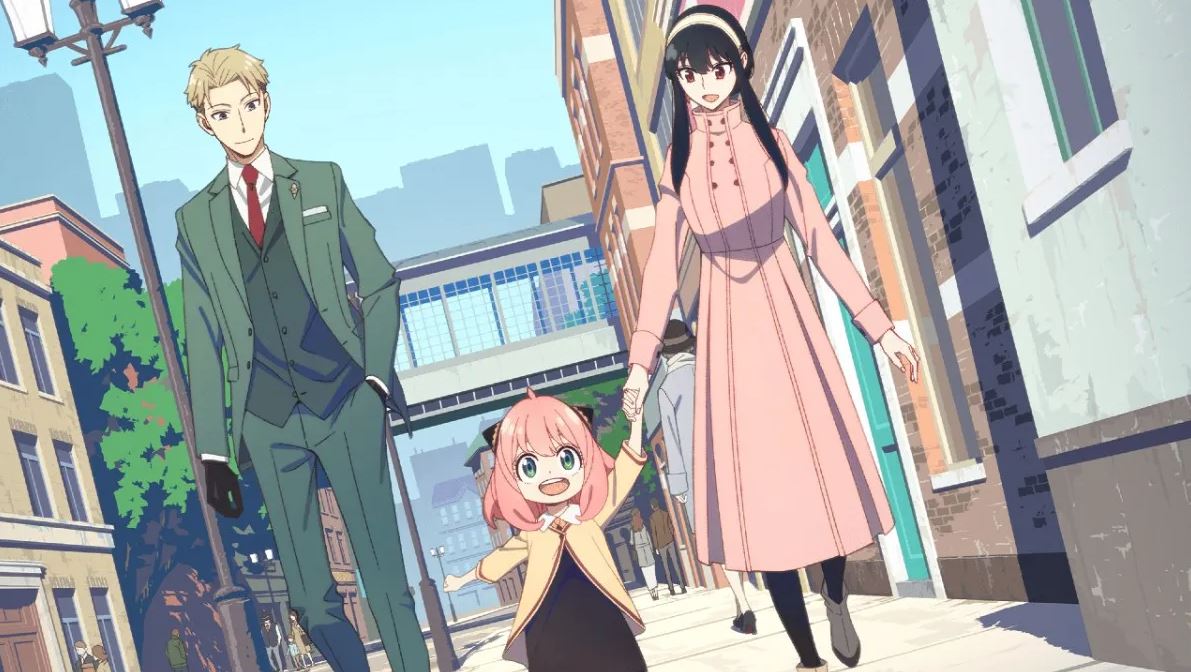
Taking these circumstances into account, it’s not surprising that the public has largely applauded the efforts of Shake Hands, with media and users on social media alike considering it a noble and humane feat, especially as it allows disabled persons to do creative work and for a larger income than what has been possible up until now.
However, the animation industry in Japan is not exactly known for being humane, with able-bodied people being regularly overworked and exploited, and a portion of the public has raised suspicions that what Shake Hands is doing may not be as noble as it is being presented.
In particular, the CEO’s statement, “It’s not much compared to a regular business, but we were able to raise the people’s monthly income from 10.000 yen to 100.000 yen,” seems to have particularly caused issue with some, as the raise from about $70 to $700 is still nowhere near a regular income for Japanese standards, especially as renumeration for skilled work.
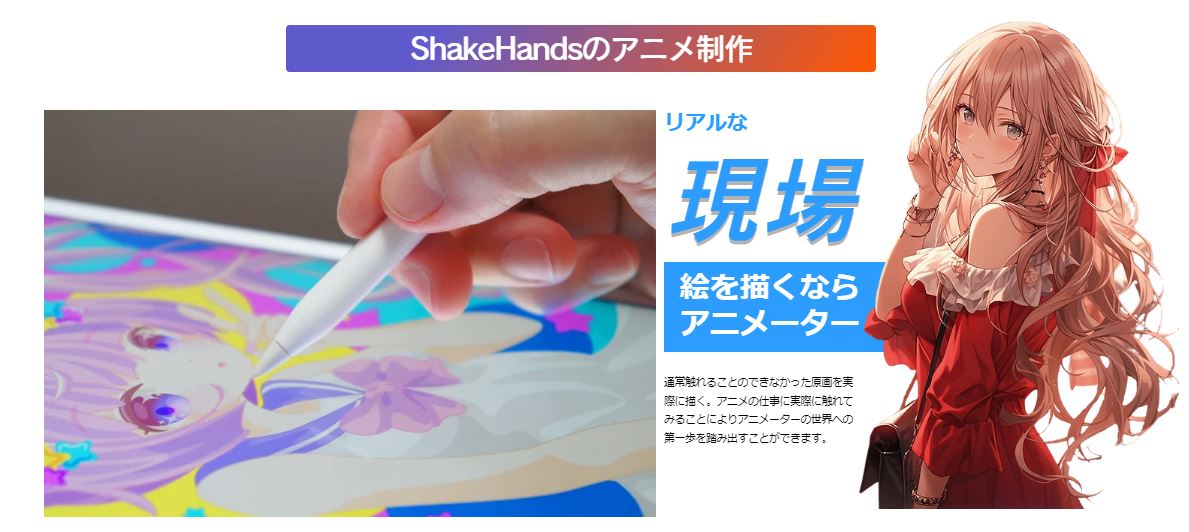
“What’s good about collecting a group of people who can do the job better than able-bodied professionals and having them work orders at a lower price than regular businesses?” users expressed doubts about the company’s intentions, also noting that since Shake Hands operates under different regulations than regular businesses (as it is a Supported Employment business), that leaves room for exploiting staff by not respecting rules on hourly wages and similar, all while being free of the responsibility of signing employment contracts.
While it’s possible that the company will continue working to increase wages, users questioned the company’s sincerity, wondering why they chose to accept cheap orders in their own name instead of passing on the knowledge needed to work with people with disabilities to regular anime production companies and helping their current staff become regular employees.

At the same time, according to a report by the Japanese Ministry of Health, Labor and Welfare, the average monthly income of people working in the same category of supported employment 16.507 yen (a bit over $100) in 2021, which is almost ten times lower than the 100.000 yen being paid by Shake Hands. In this sense, they definitely seem to have made steps in the opposite direction of exploitation. The way they proceed with their policy moving forwards remains to be judged.

